Most of you who are reading this blog are training regularly and may or may not aspire to compete one day. Being able to compete in your chosen sport is the showcase of all the hard work you put in day in and day out which should be a positive experience, but if you don’t have the right lead up to the competition, your performance on comp day may be below what you are are capable of and possibly even a negative experience if you are not prepared correctly.
There’s a few things to take into consideration when it comes to comp prep and taking on board just one suggestion will help improve your performance, but if you can take on as many as possible, this will lead to a nice peak on comp day.
SPEAK TO YOUR COACH:
Make sure you tell your coach of your upcoming competition so s/he can tailor your program to suit and keep you accountable throughout the lead up.
ASSESS YOUR WEAKNESSES:
By this point, you should be aware of your strengths and weaknesses. Write down your weaknesses, notify your coach and get them added into your regular programming so you are more confident and efficient when you get to your competition day.
TAKE YOUR TIME AT TRAINING:
Do not rush your training. Take your time, have enough rest between sets, take a break and even bring snacks (preferably straight carbohydrates) to snack on between lifting and metabolic conditioning. Take your time so you can do things well and get the full benefits of training.
TRAIN WITH BETTER ATHLETES:
Train with someone better than you. They will push you, they will teach you to hurt and even if you don’t come close to keeping up with them, you will push harder than training with someone at your own level.
TRAIN YOUR MENTAL GAME:
You need to work daily on becoming mentally stronger in all aspects of life. Start by getting up when your alarm clock goes off, don’t press snooze. Try to ‘redline’ in your workouts once per week to get used to the feeling and get more comfortable with it.
NUTRITION:
Nutrition is vital for recovery, energy, keeping your fat down and supporting muscle growth. You can never and I mean NEVER out train a bad diet and if you want not only look and feel healthy but want to make the most out of your performance, this needs to be taken very seriously.
Dial in your nutrition at least 6-8 weeks before a comp. Make sure you’re eating enough calories and the right amount of carbohydrates, protein and fats for your body type and training intensity.
Hire a nutritionist or dietitian to keep you accountable.
Nutrition should be ongoing, but if you haven’t yet started focusing on it, start as soon as possible.
HYDRATION:
Hydration is so important when it comes to training and competition. If we are dehydrated, we will not train our best, perform our best or recover as well as we would if we were hydrated.
Aim to drink one big glass of water as soon as you wake up and at least 2-3 litres throughout the day if you are training with intensity.
RECOVERY:
Recovery is almost more important than the training itself. If you are not allowing your body to recover, your central nervous system and muscles do not have time to repair themselves. More training is not always better, but taking care of our bodies and minds is.
There are many ways to recover including sleep, sauna, ice baths, cold showers, massage, myotherapy, chiropractic services, Romwod, meditation, yoga, even simple things like switching off your tv/phone and reading a book.
Recover as hard as you train and you will see results straight away.
SUPPLEMENTS:
Supplements can play a decent role in your competition preparation if you are not getting enough nutrients from food. Protein is probably the most popular and used supplement as eating protein rich food is sometimes a little hard when athletes need to eat more than the average person.
The less supplements the better and everyone will benefit from different supplements depending on their diets. A nutritionist will be able to tell you what supplements you as an individual will benefit from to get the most out of your training, but the most common supplements used are protein, creatine, magnesium, omega 3’s & zinc.
1 WEEK BEFORE COMPETITION DAY:
Look at your training load for the week ahead. Make extra time to sleep, recover and taper off training. Make sure you are hydrated every day and your food is clean. Be smart with your training - if something is hurting in a bad way, pull back - this week is not going to make you a better athlete, but it can stop you from performing well if you push through a potential injury during the week. If you are working on your gymnastics and you can feel that your hands are close to tearing, stop! Swap the exercise for another movement or simply rest.
THE 2 DAYS BEFORE COMPETITION DAY:
2 days before your competition, you should have either a full rest day or a very light active recovery day with some light stretching or yoga. Keep on top of your nutrition.
The day before your competition you should do a proper training session but lower then load and intensity - move so you feel normal and not stiff the following day. Make sure you eat enough carbs or even a little more if you feel like you need it.
Stretch and try to get an early night.
COMPETITION DAY:
Wake up early and eat! A high carb, protein and low fat breakfast and drink coffee if that’s your thing.
You will most likely be nervous and may run to the bathroom quite a few times, so stay hydrated. Invest in some quality hydralite and keep sipping on it throughout the day.
Make sure you pack food for the competition to eat in between events. High carb easy energy snacks are best - bananas, jelly lollies, fruit bars, muesli bars, protein bars, baby food etc. If it’s a long day, some meat and rice is a good meal to have in the middle of the day.
Recover well between events, eat, stretch, go for a walk and get outside if you can.
Lastly, have fun and try not to take yourself too seriously. Be proud that you’re able to compete and you have worked hard to get to this point. Make sure you cheer on your fellow competitors, make friends and enjoy the experience!'
Article By Tara Jenkins
Tara is a highly experienced Crossfit Coach and Crossfit Games, Regionals & Sanctionals Athlete


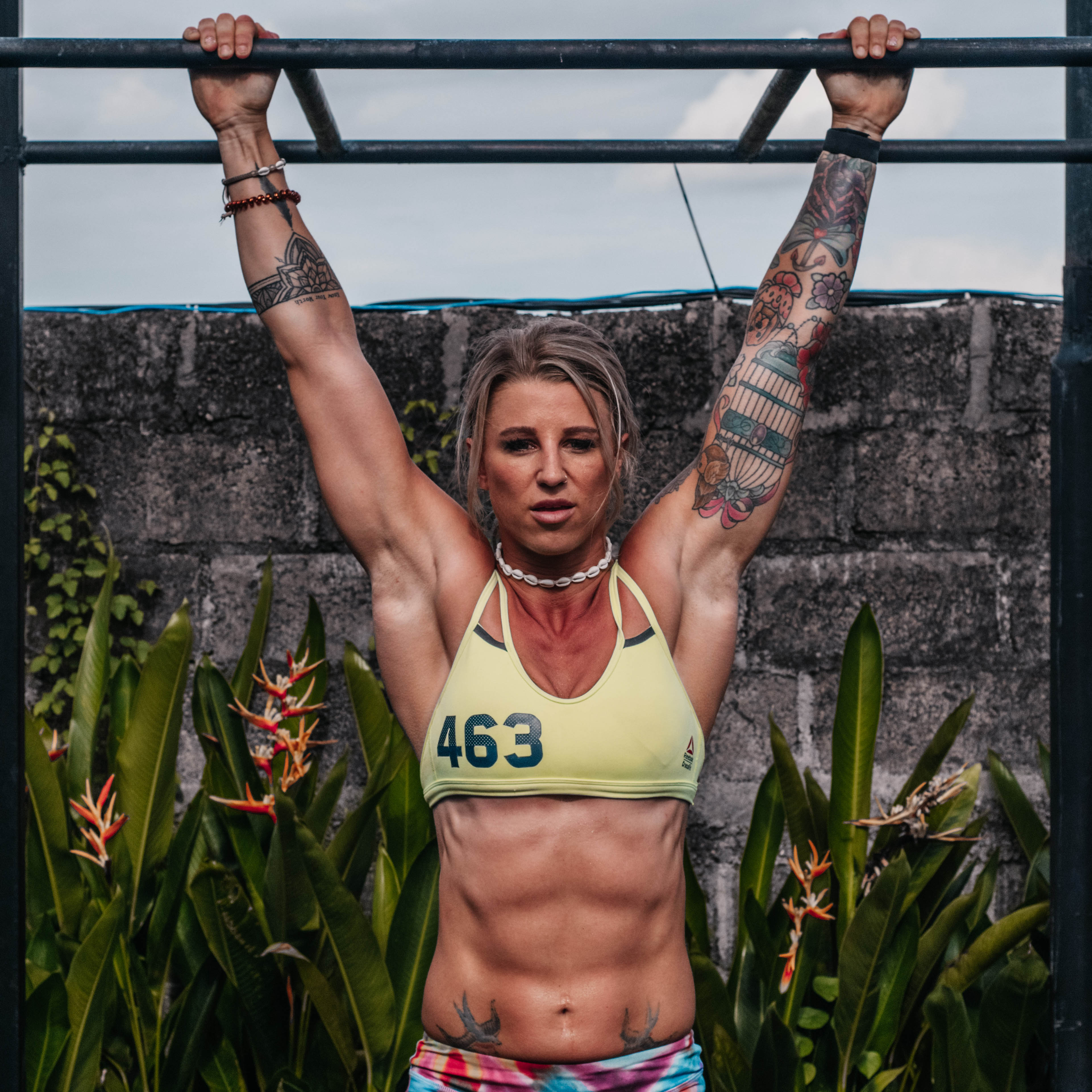

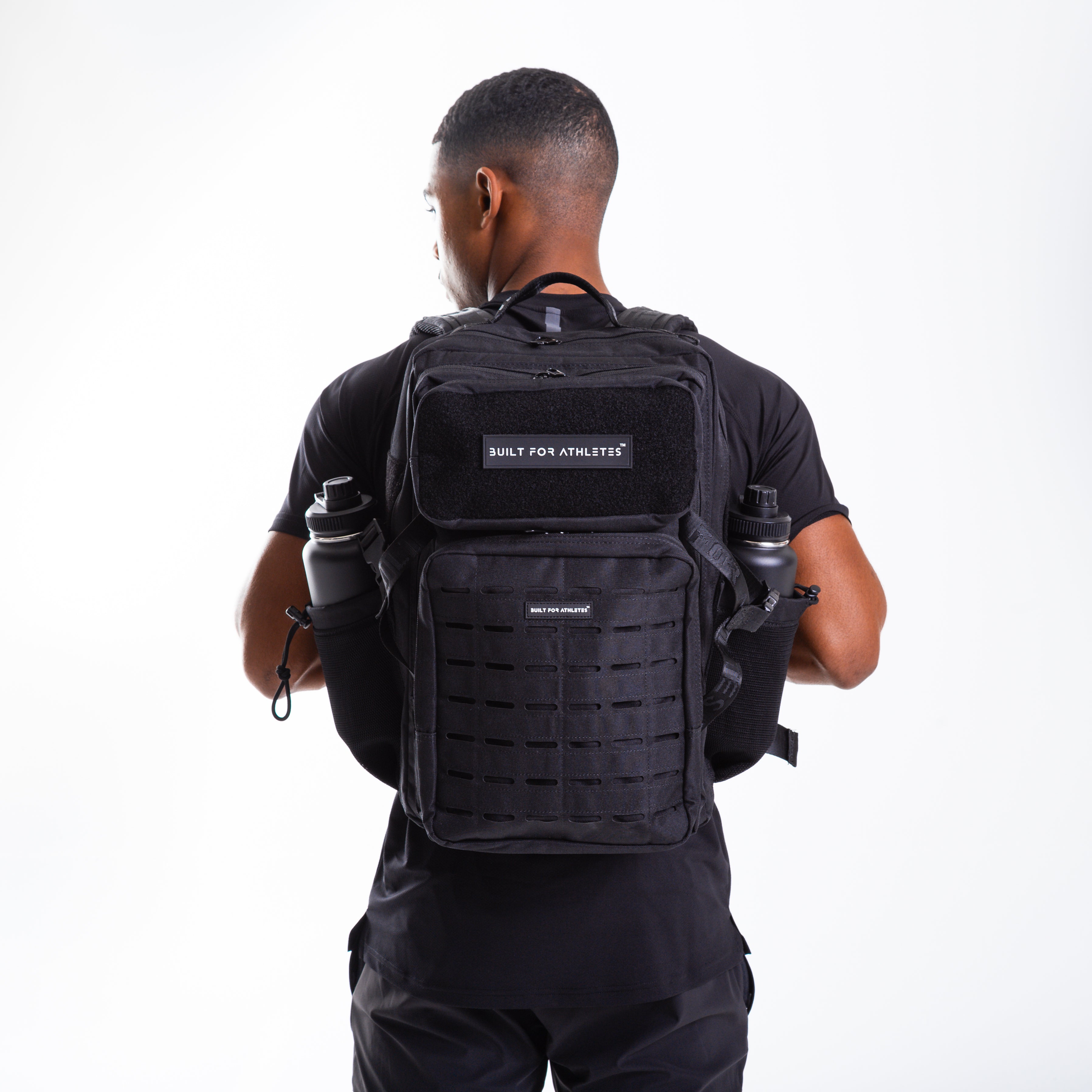
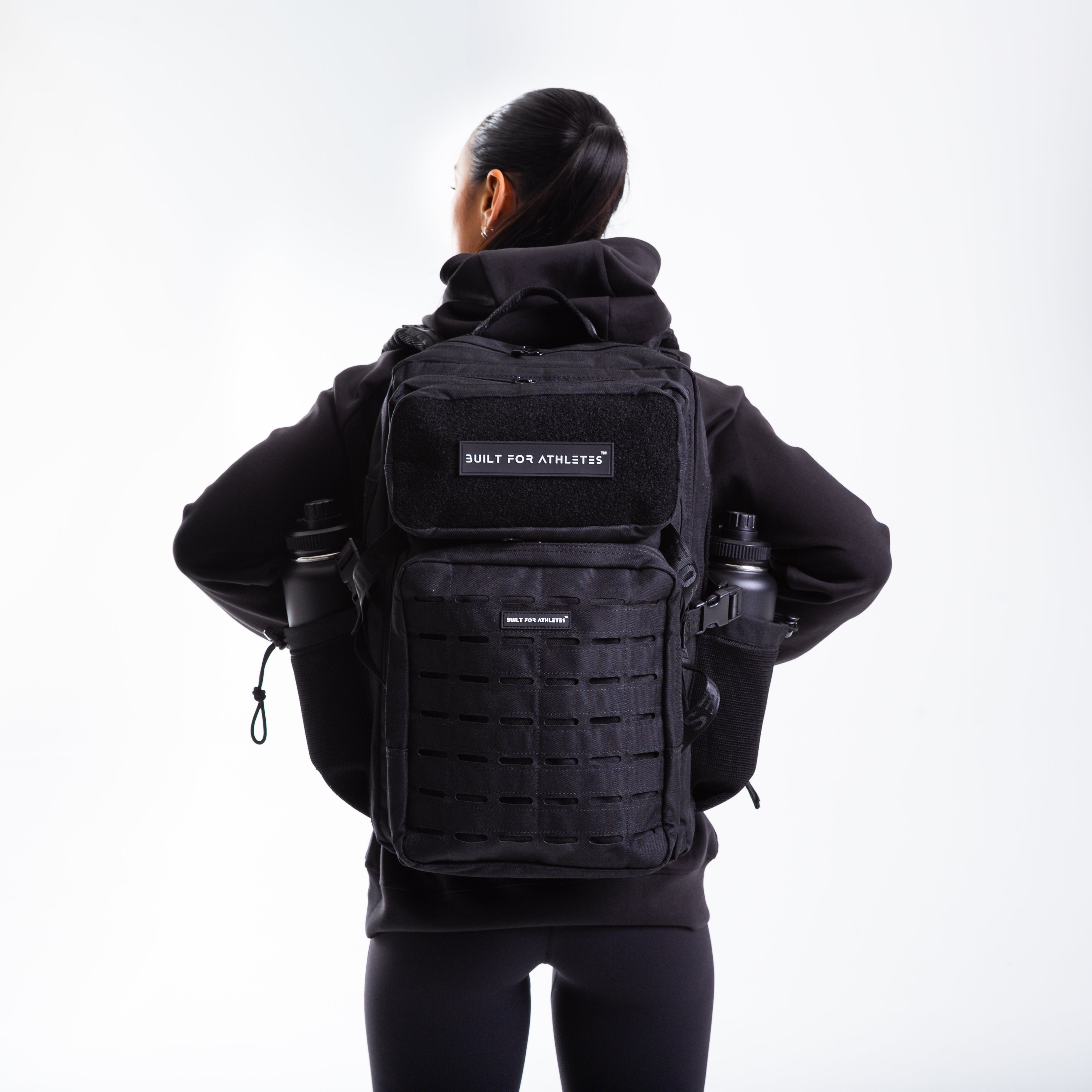
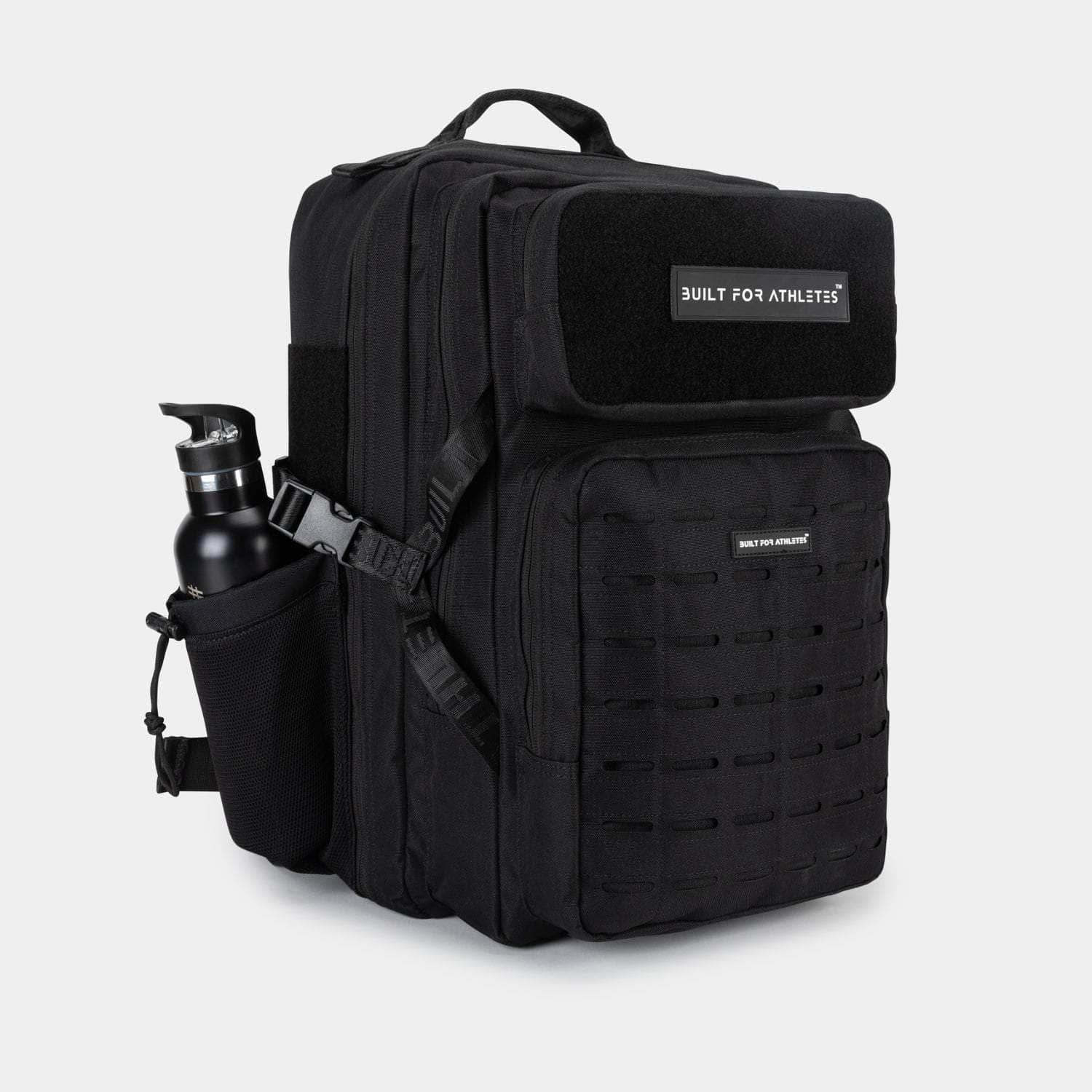






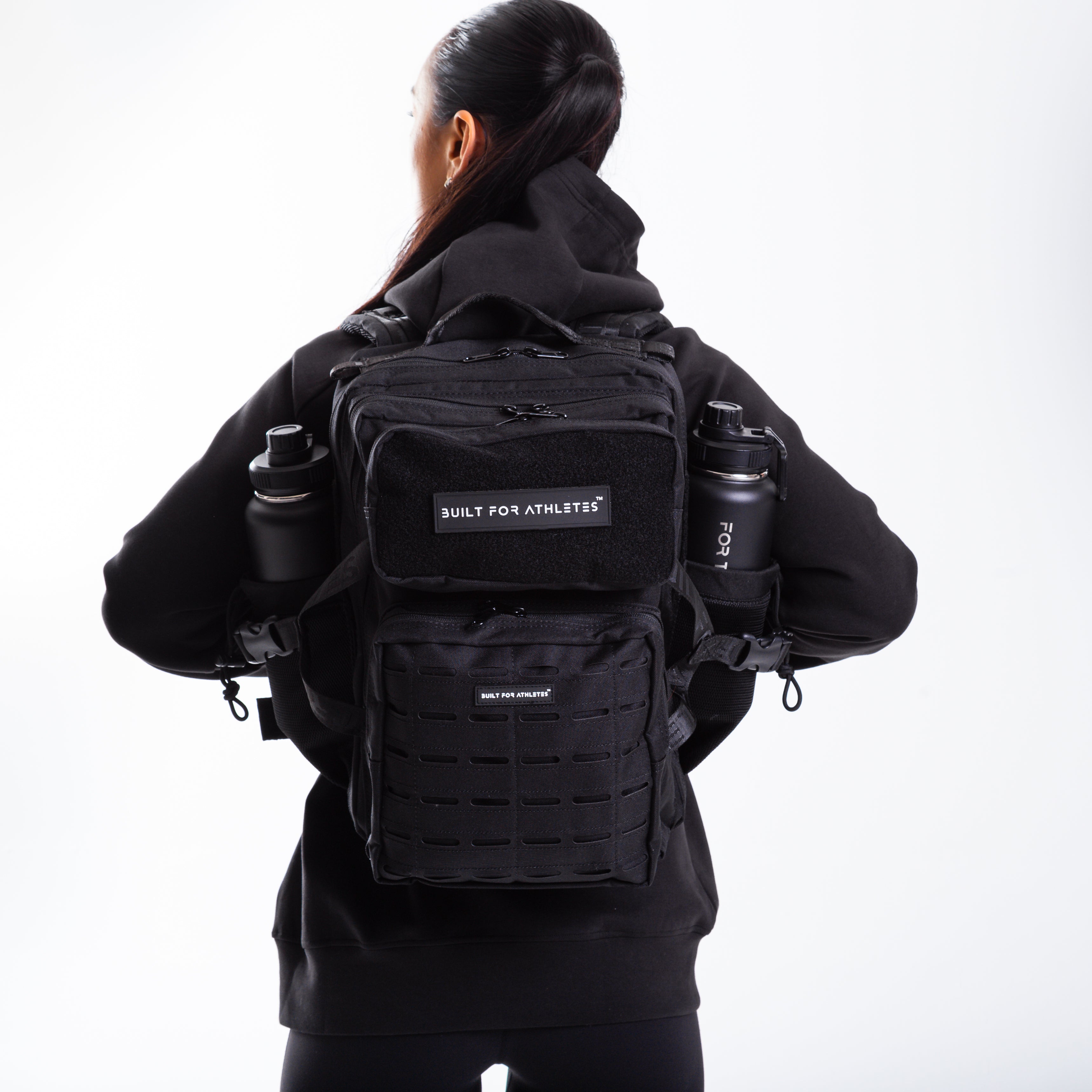
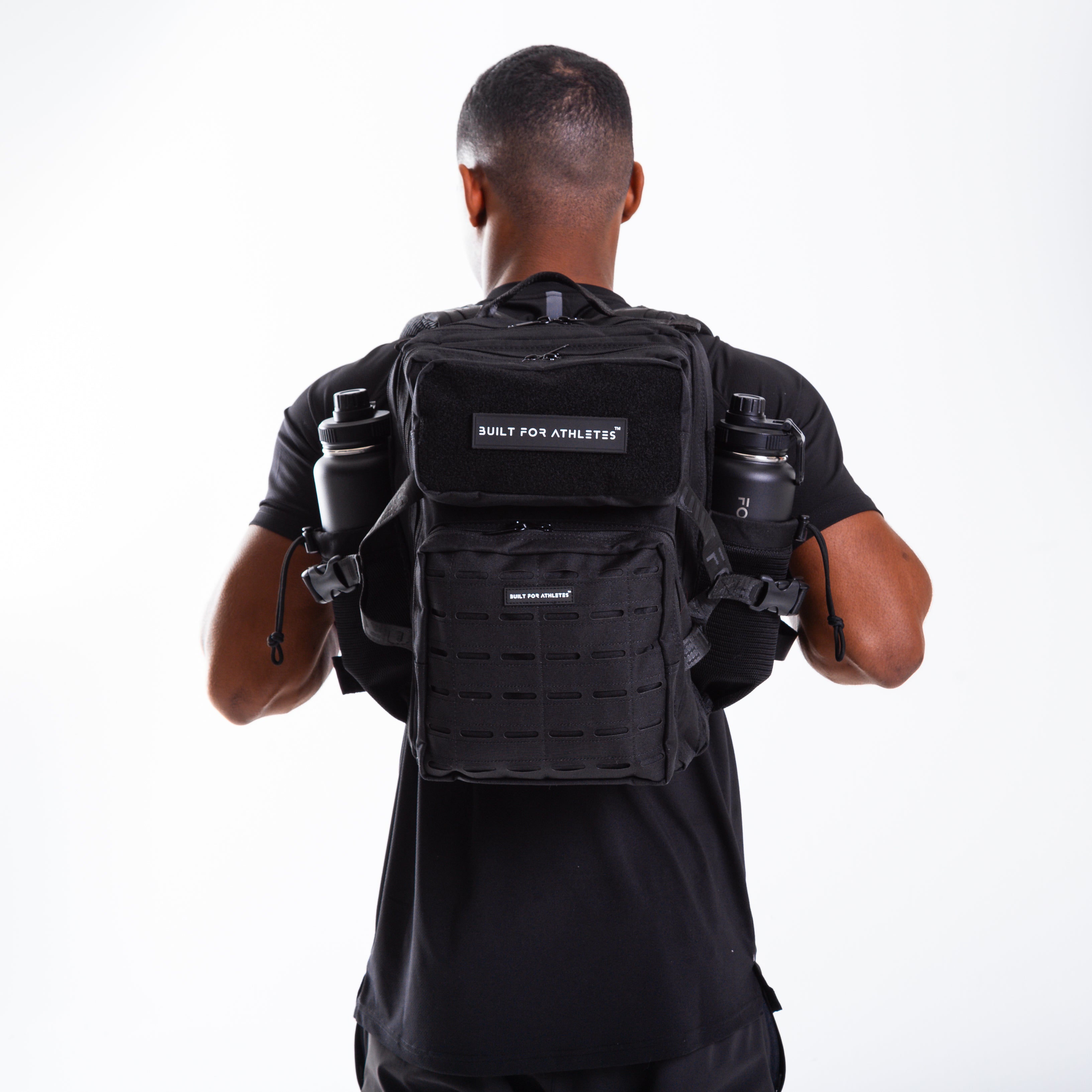
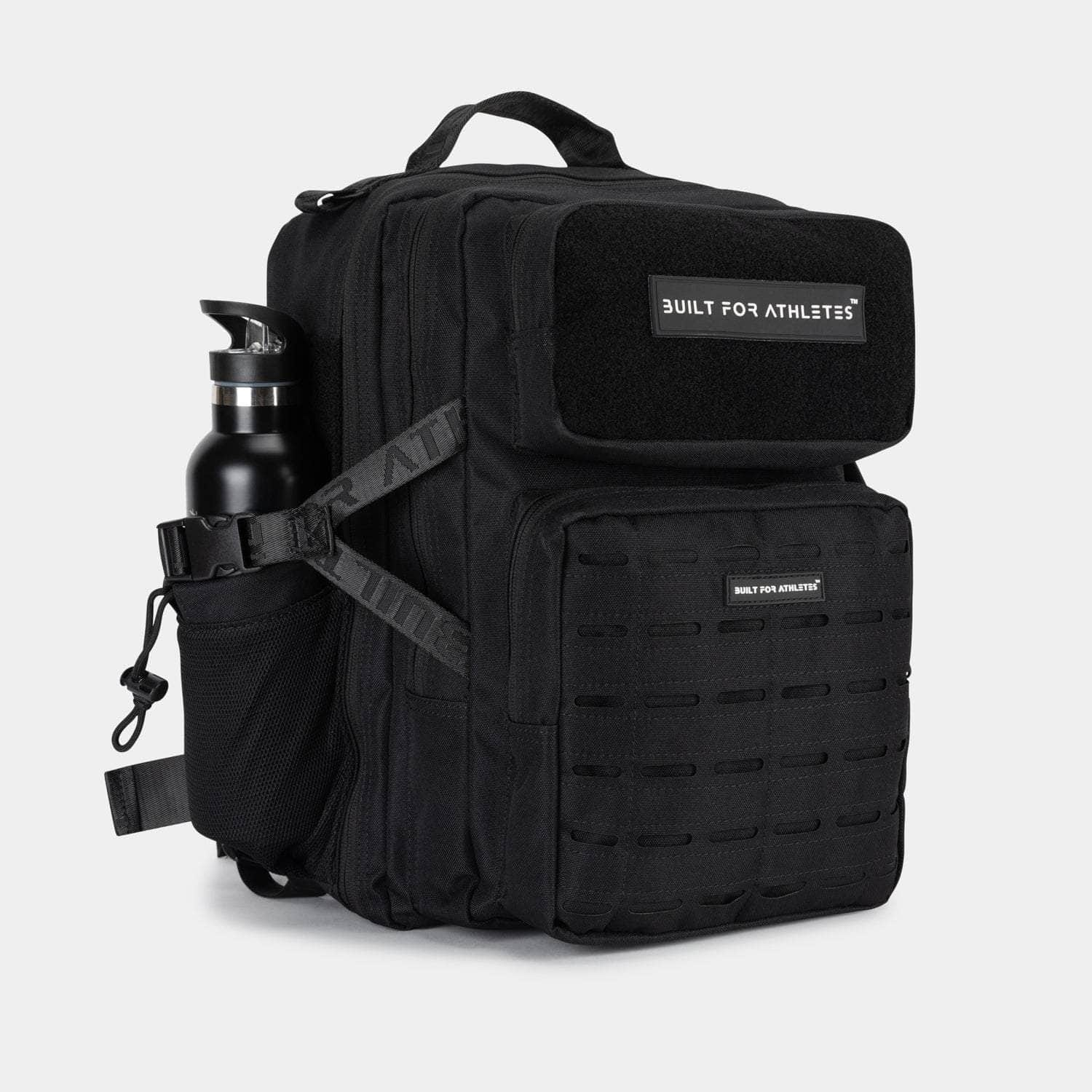




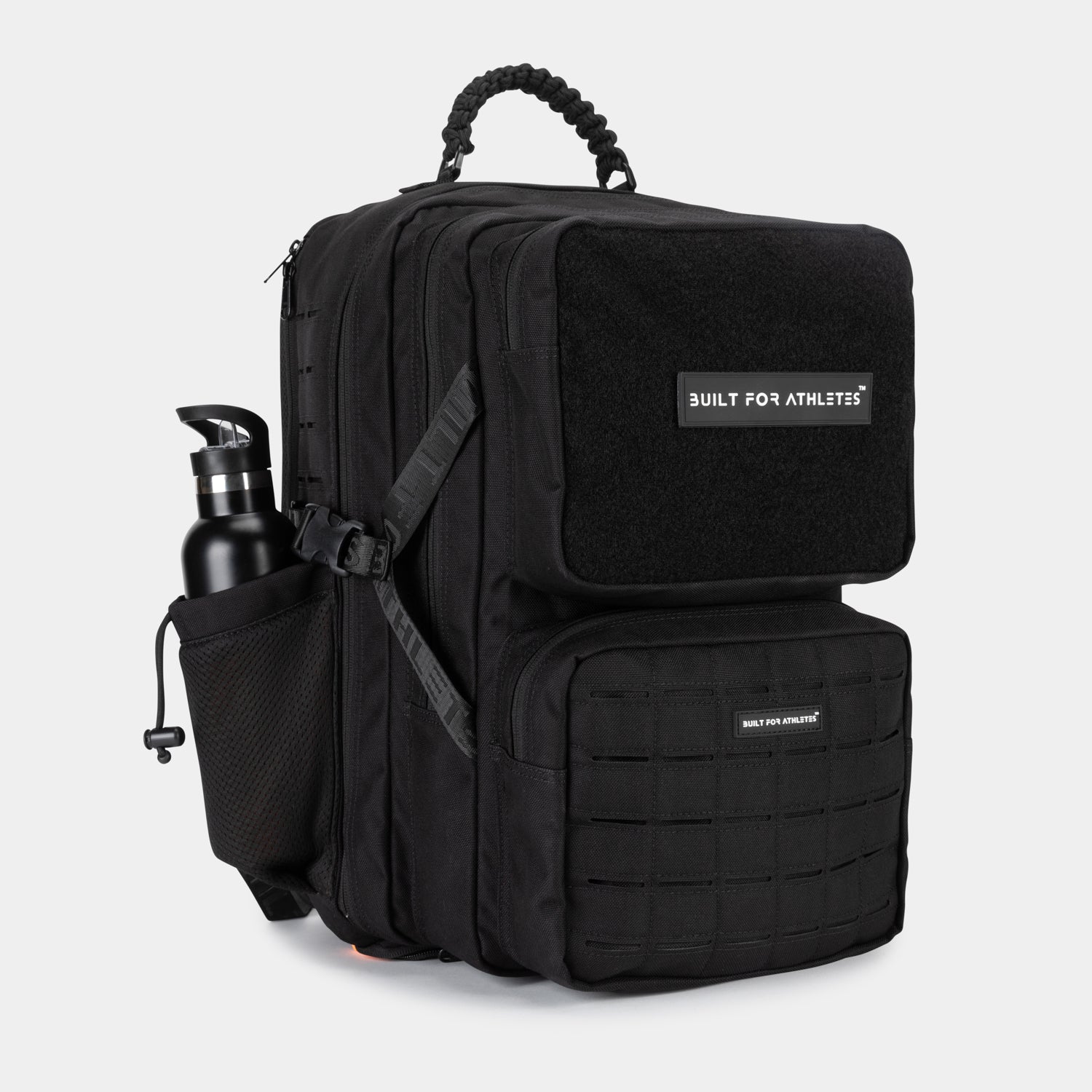
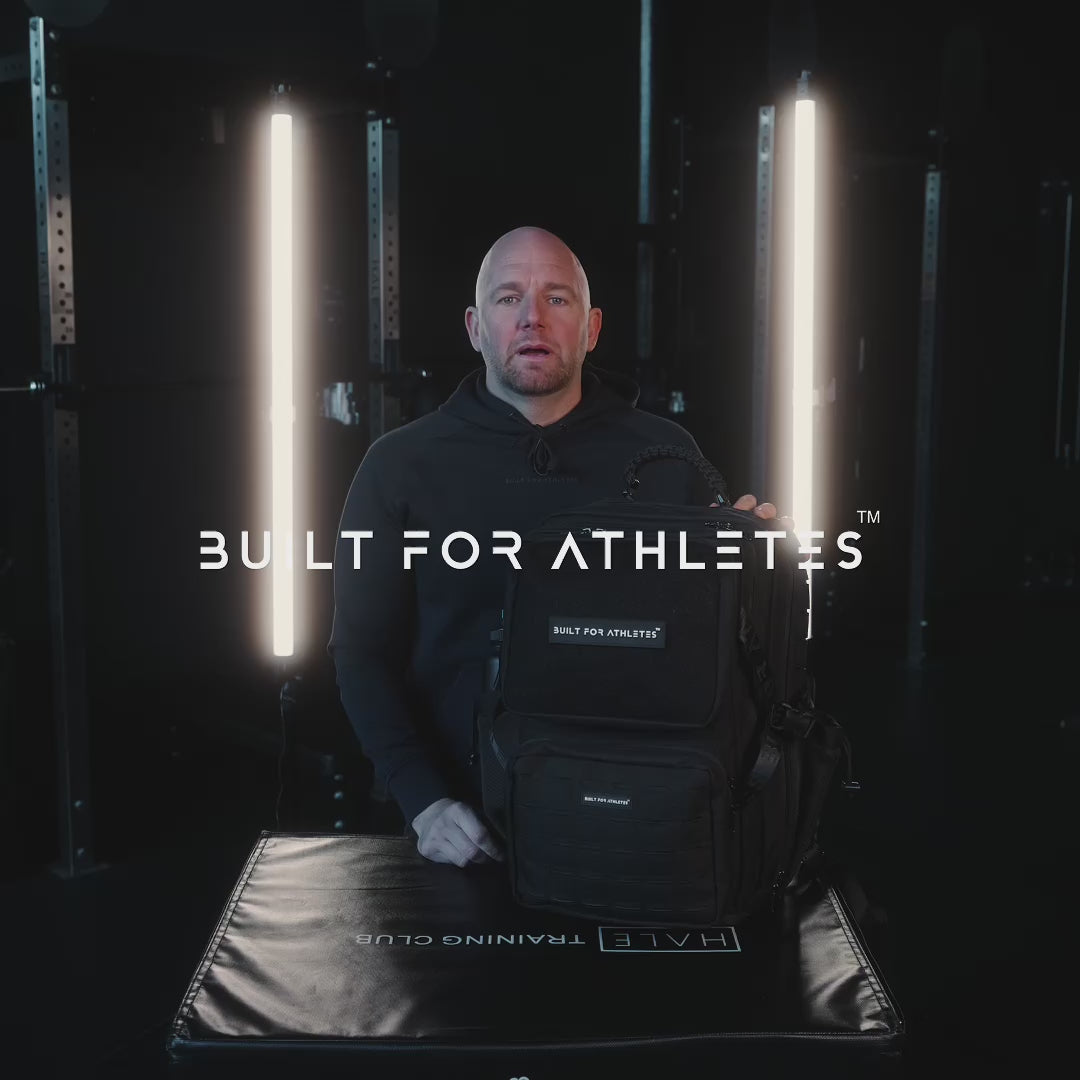
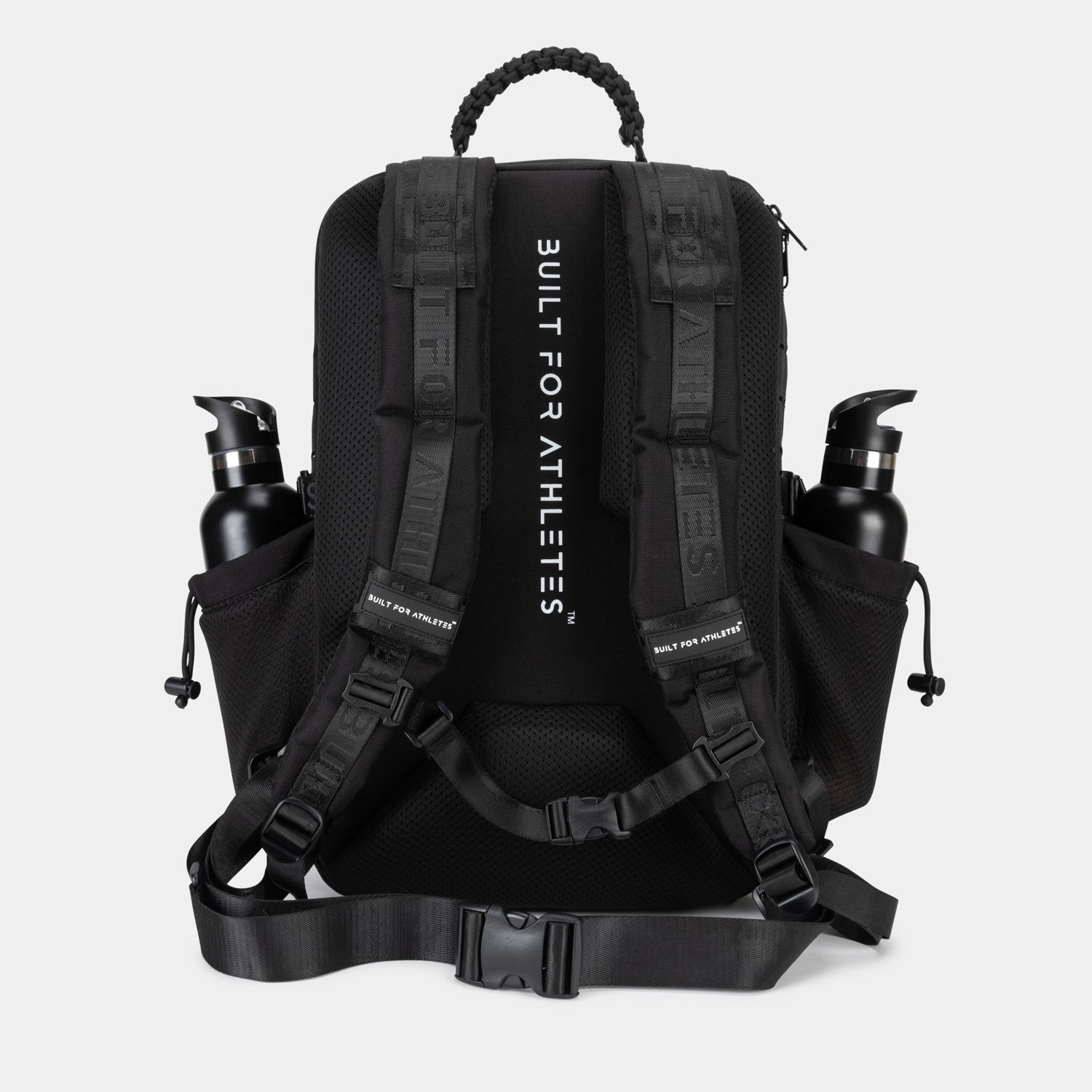








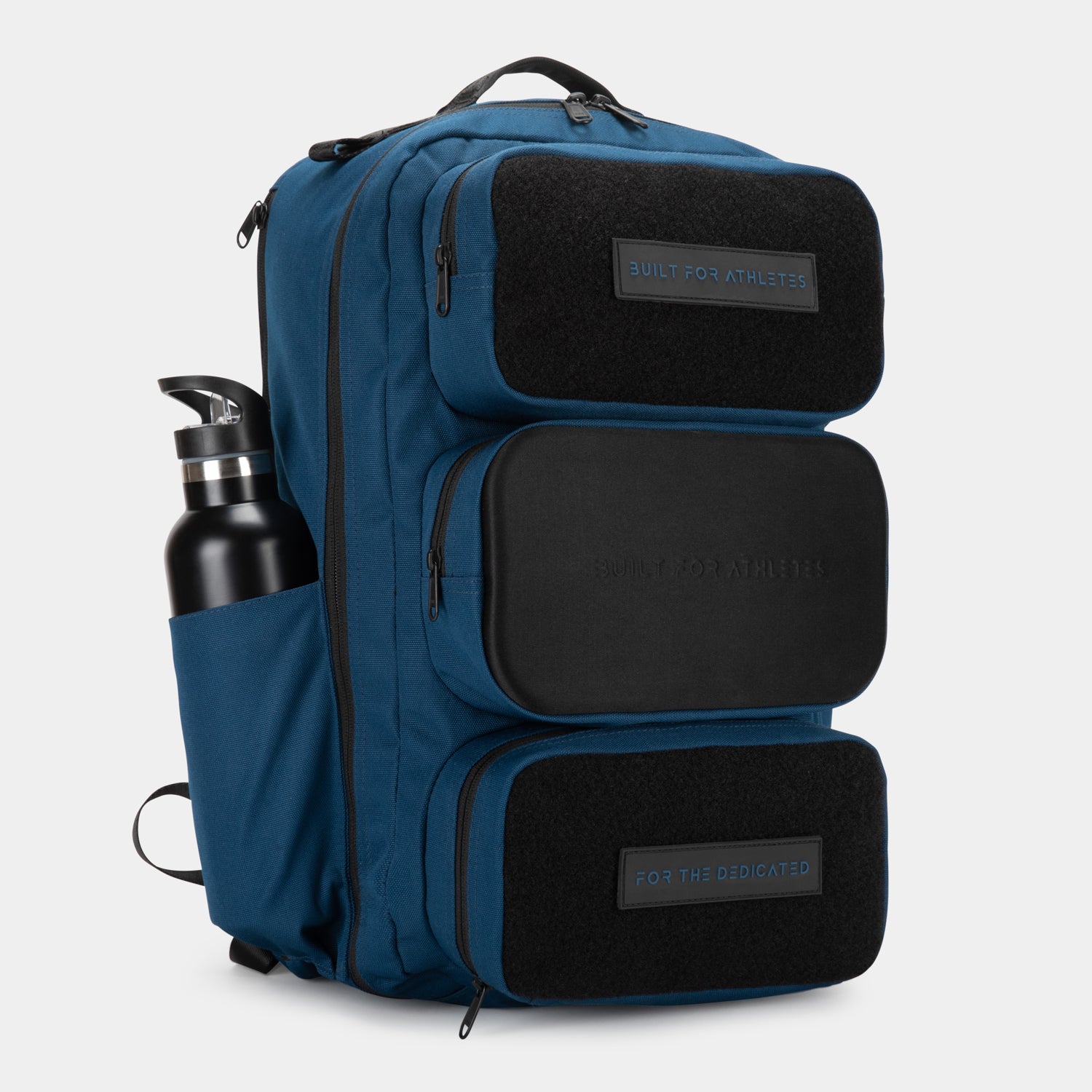
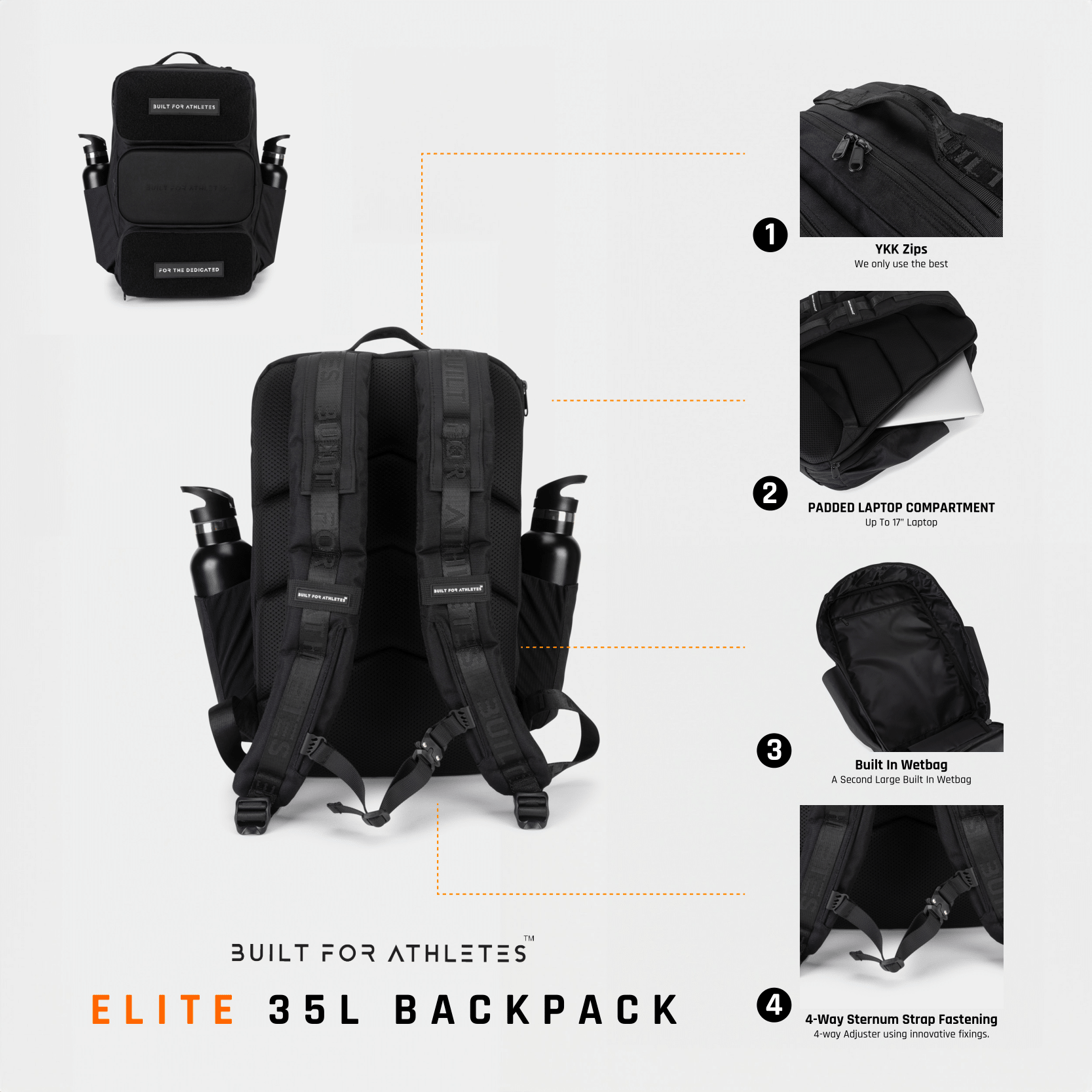
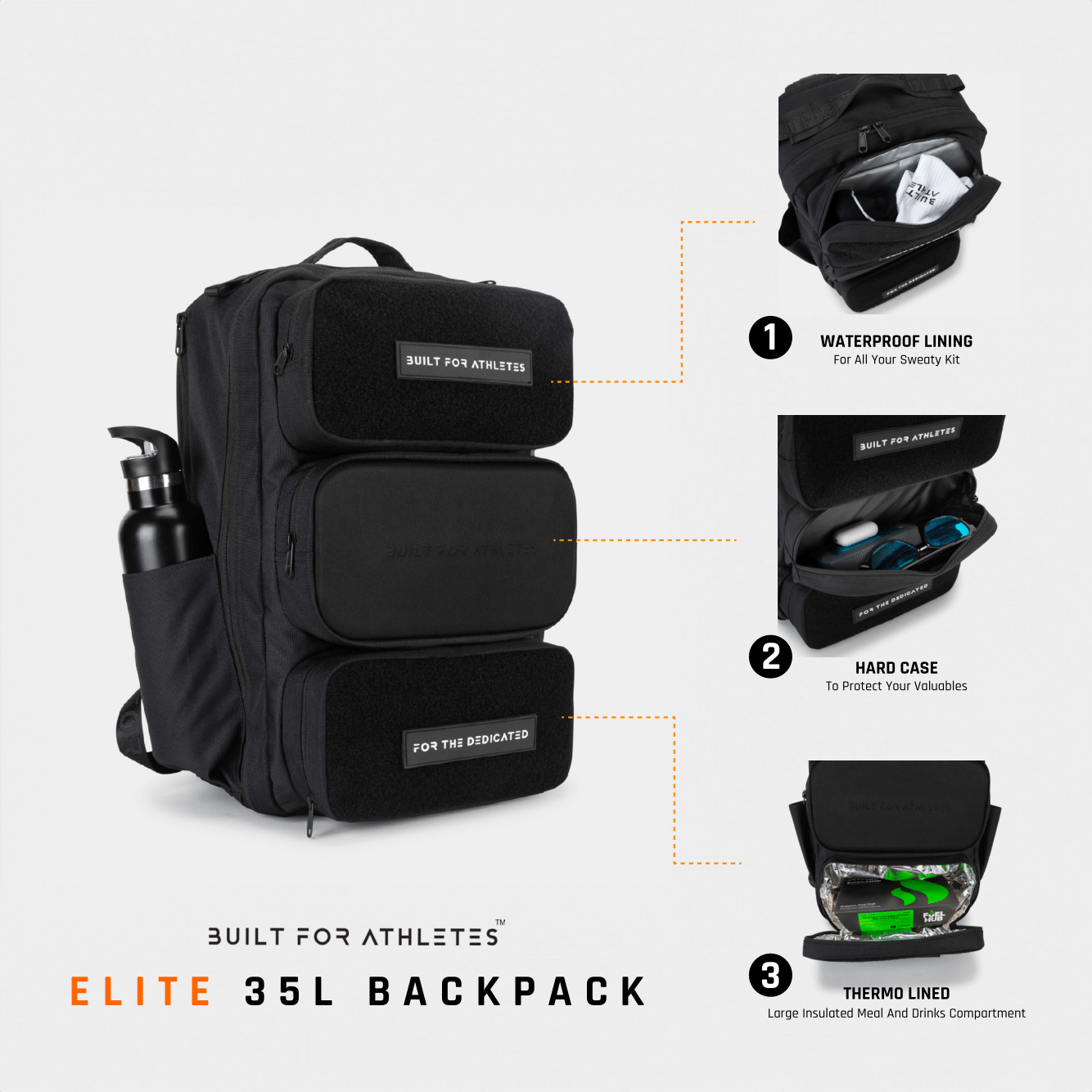




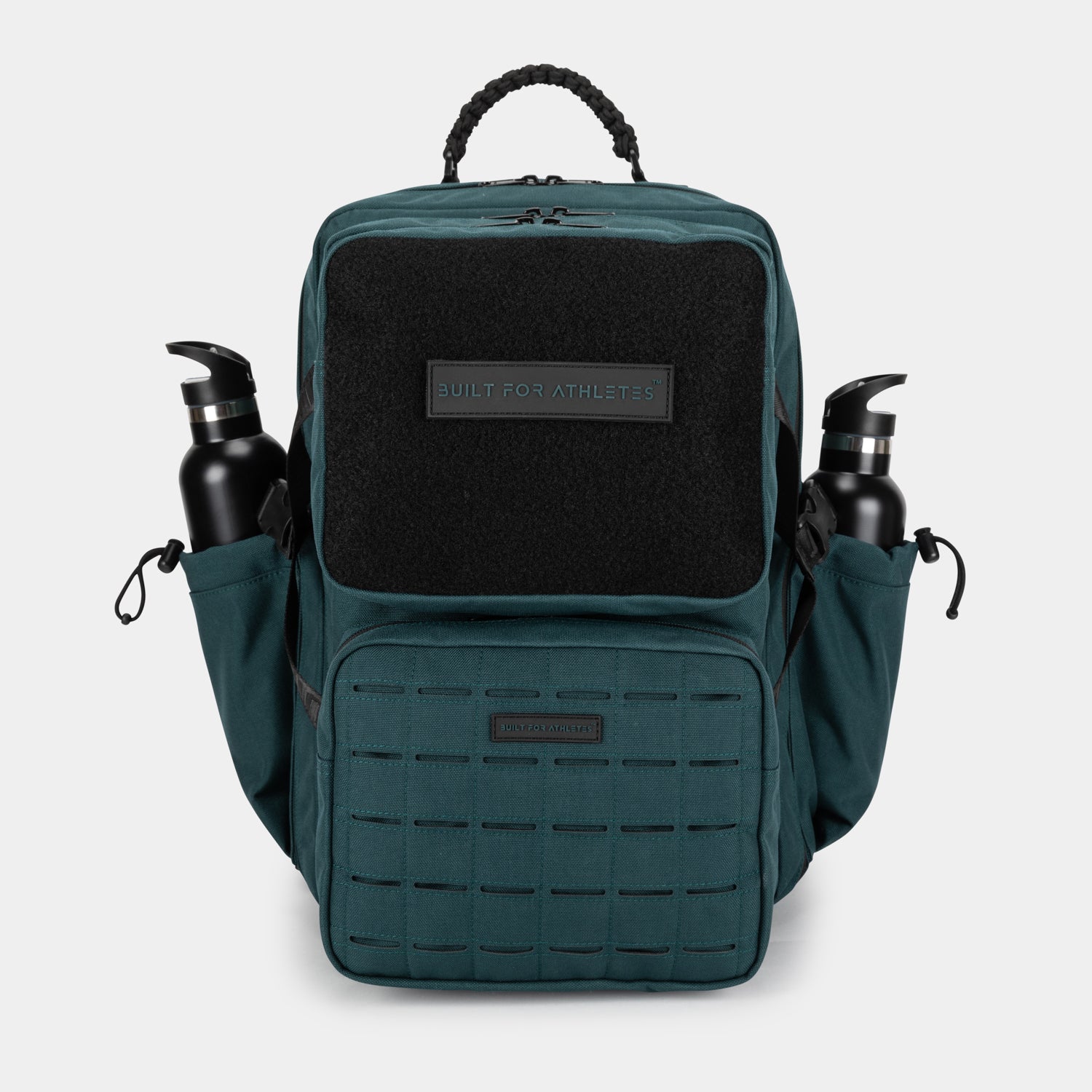
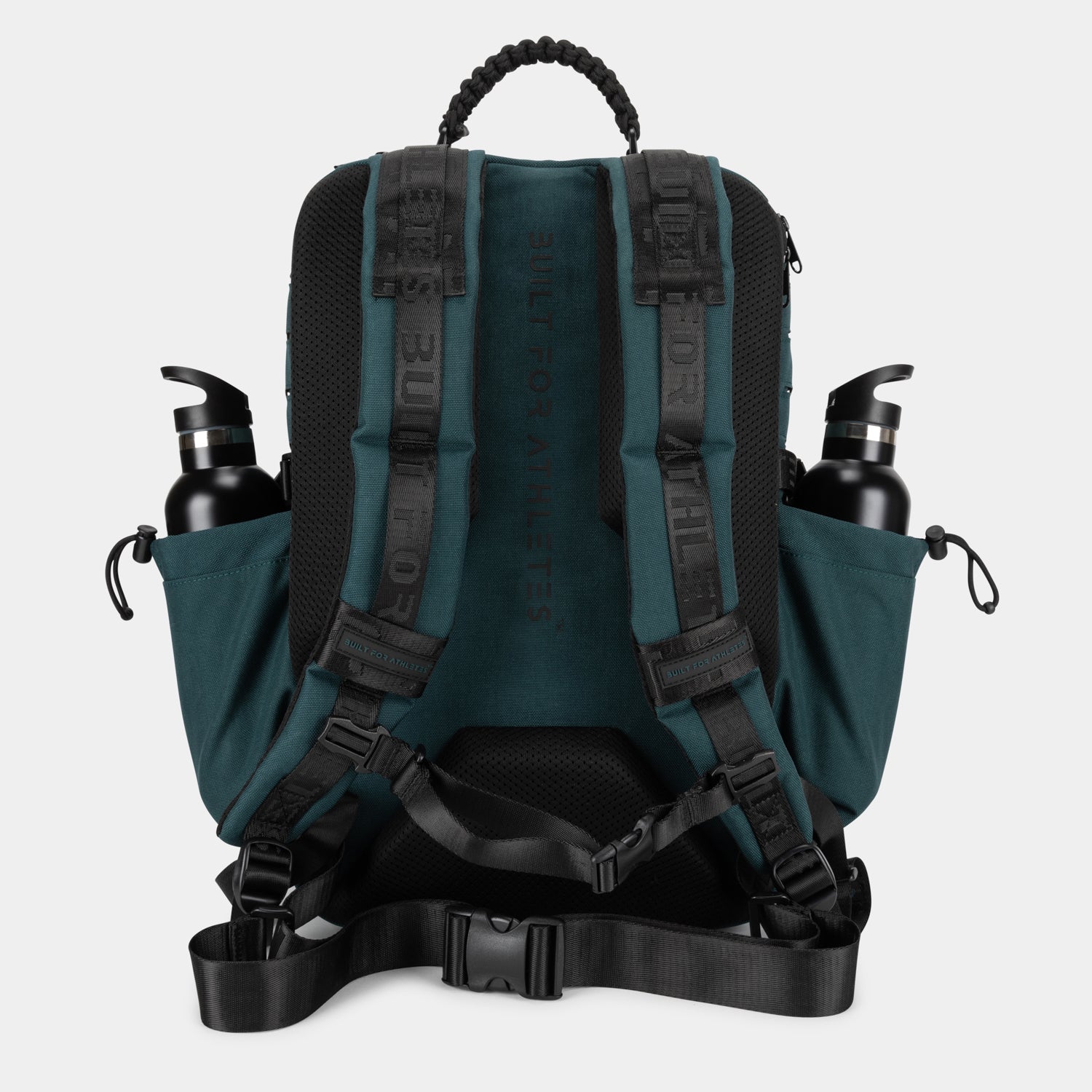
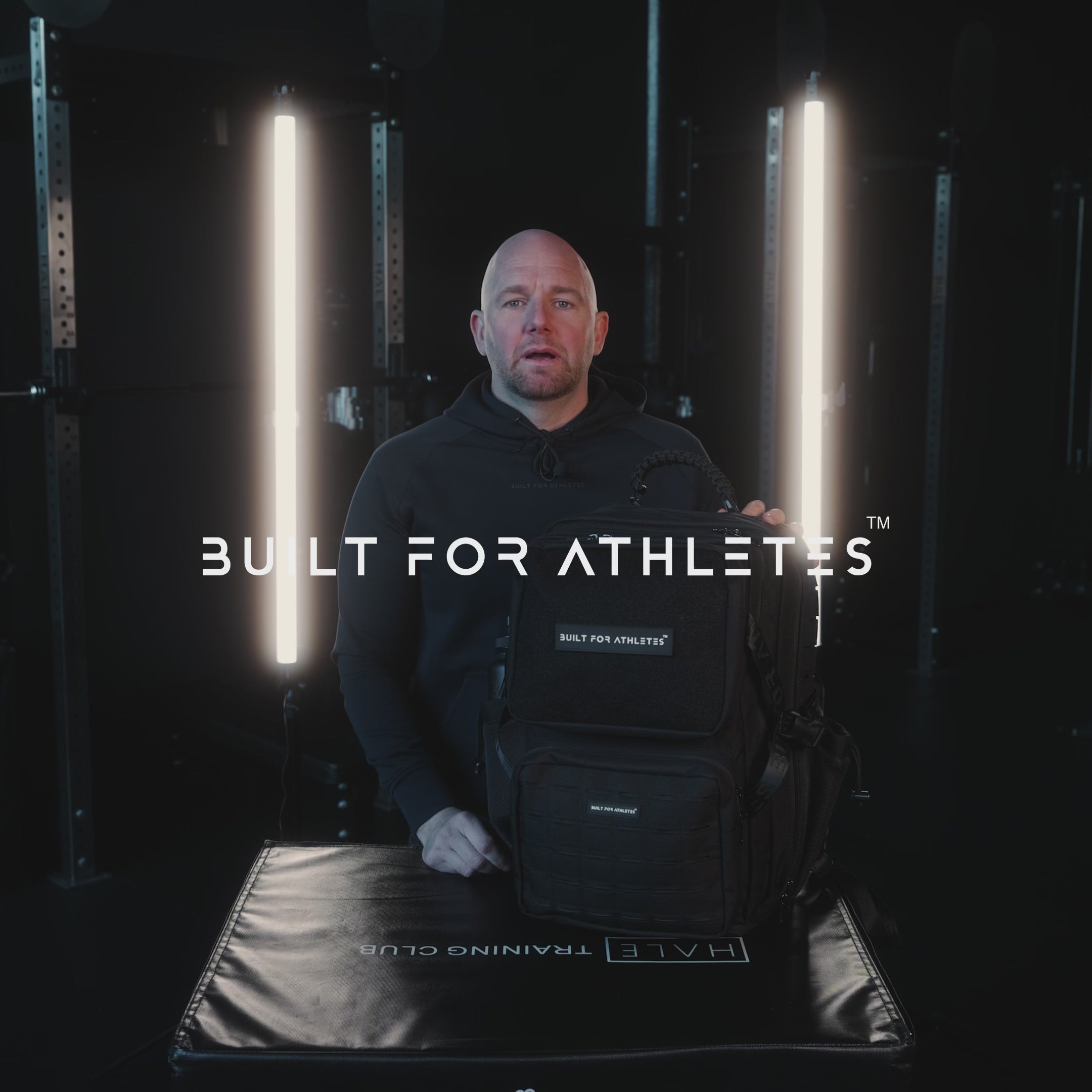
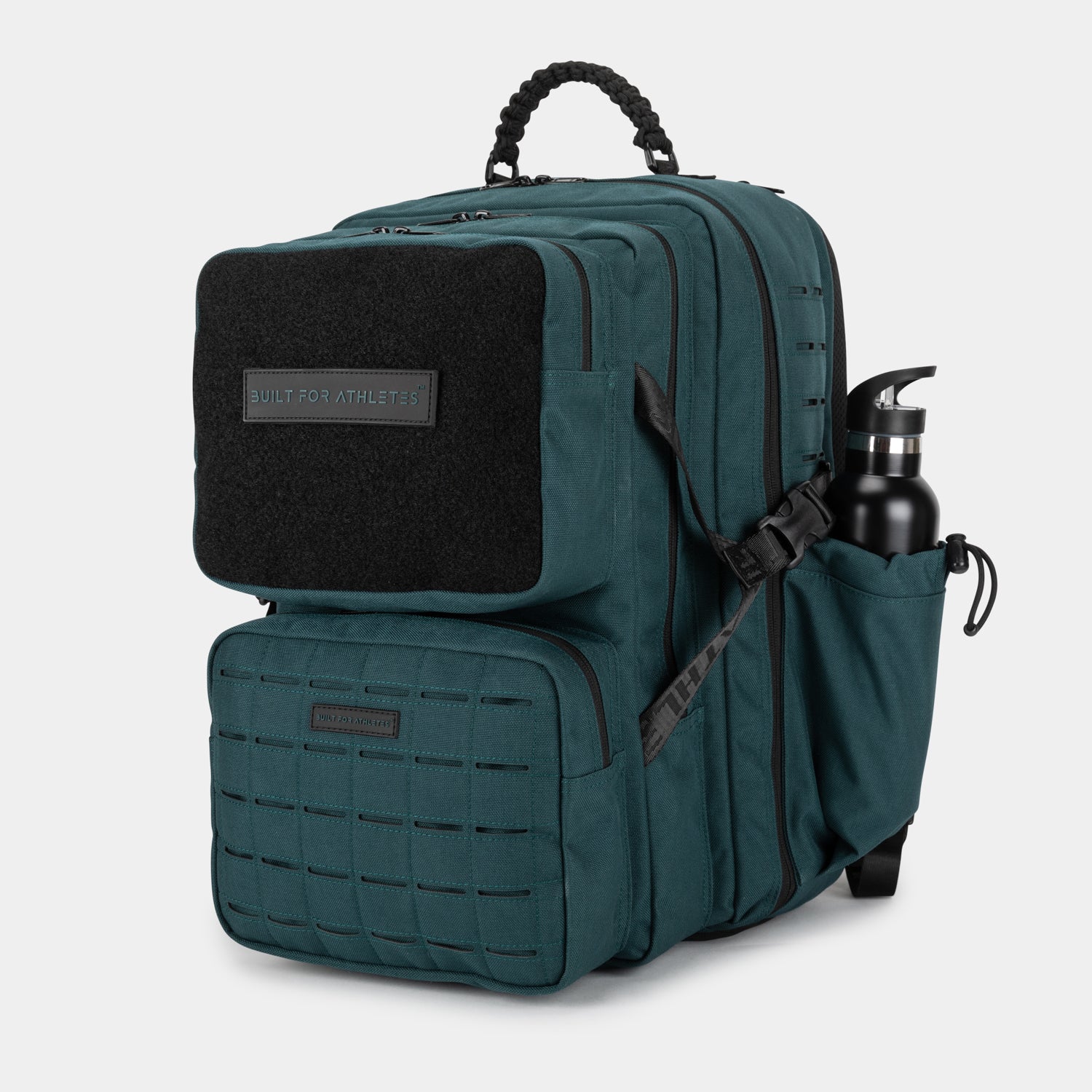

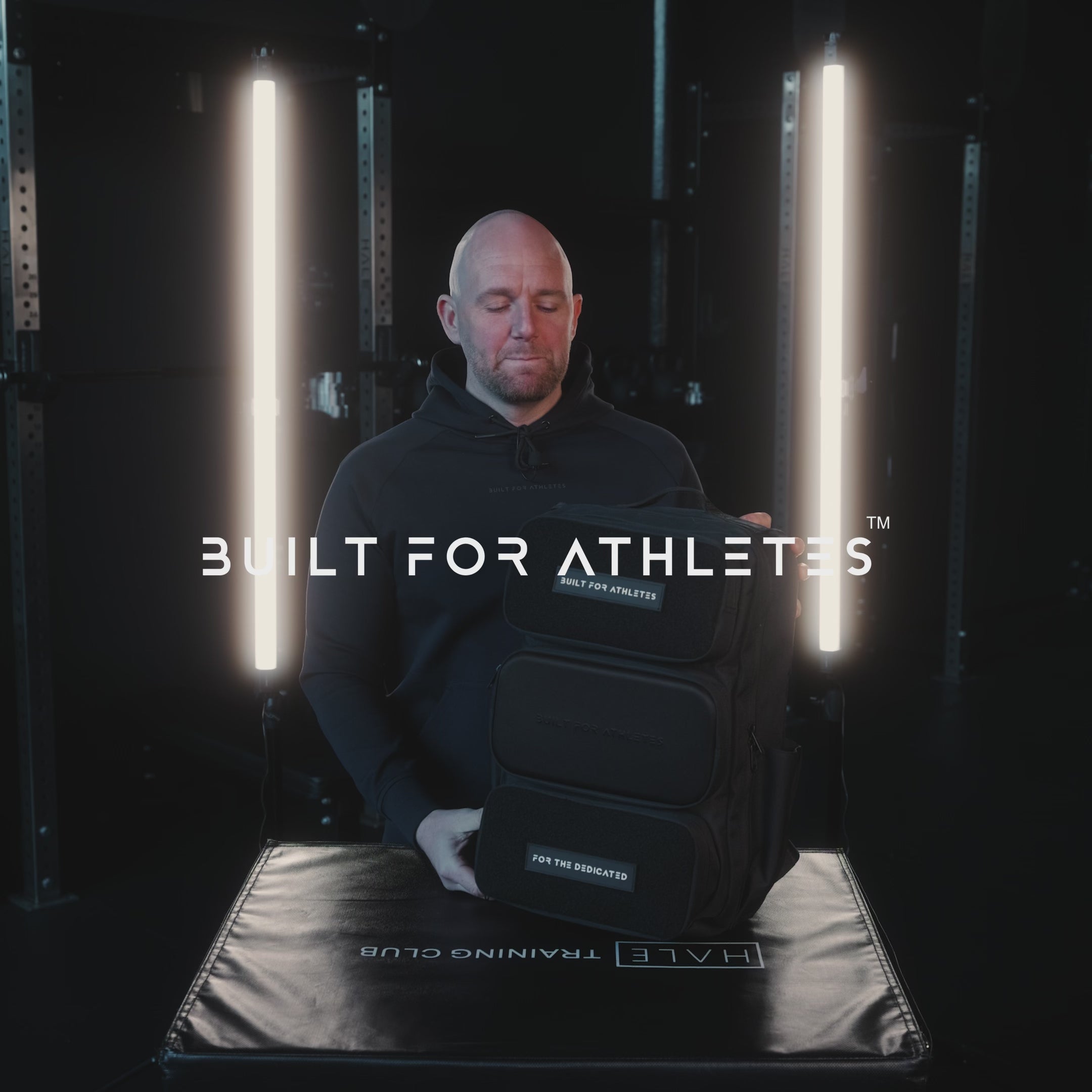
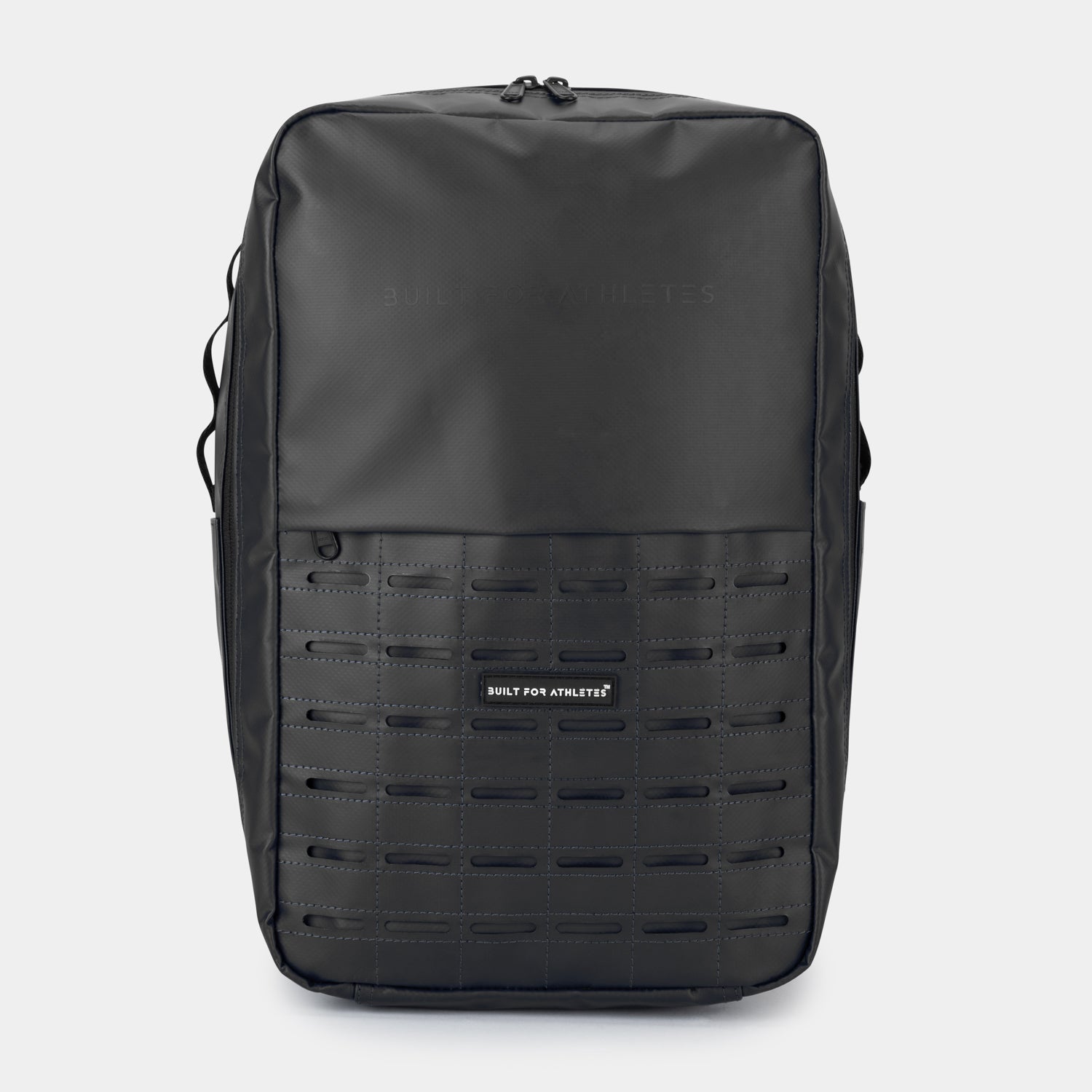
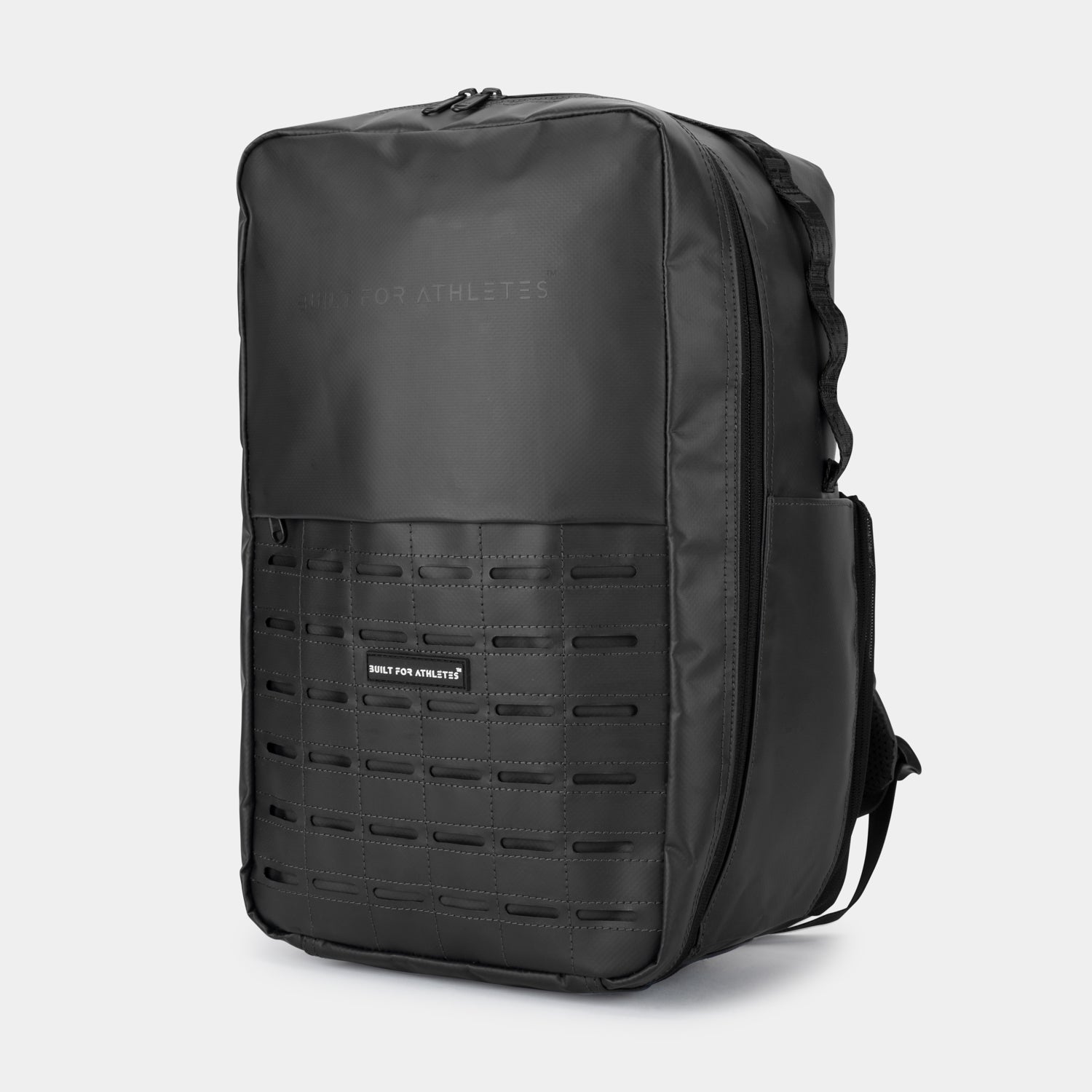
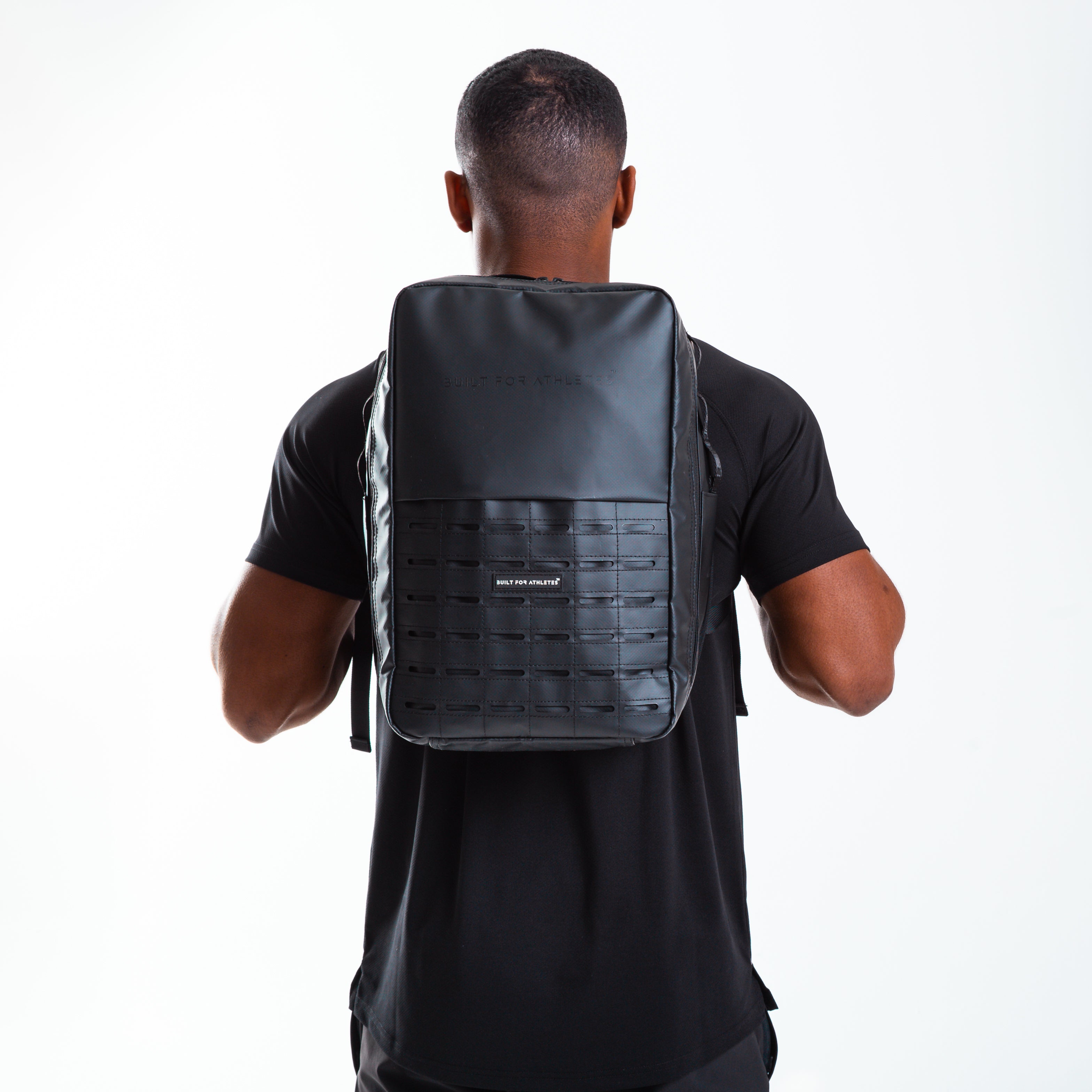
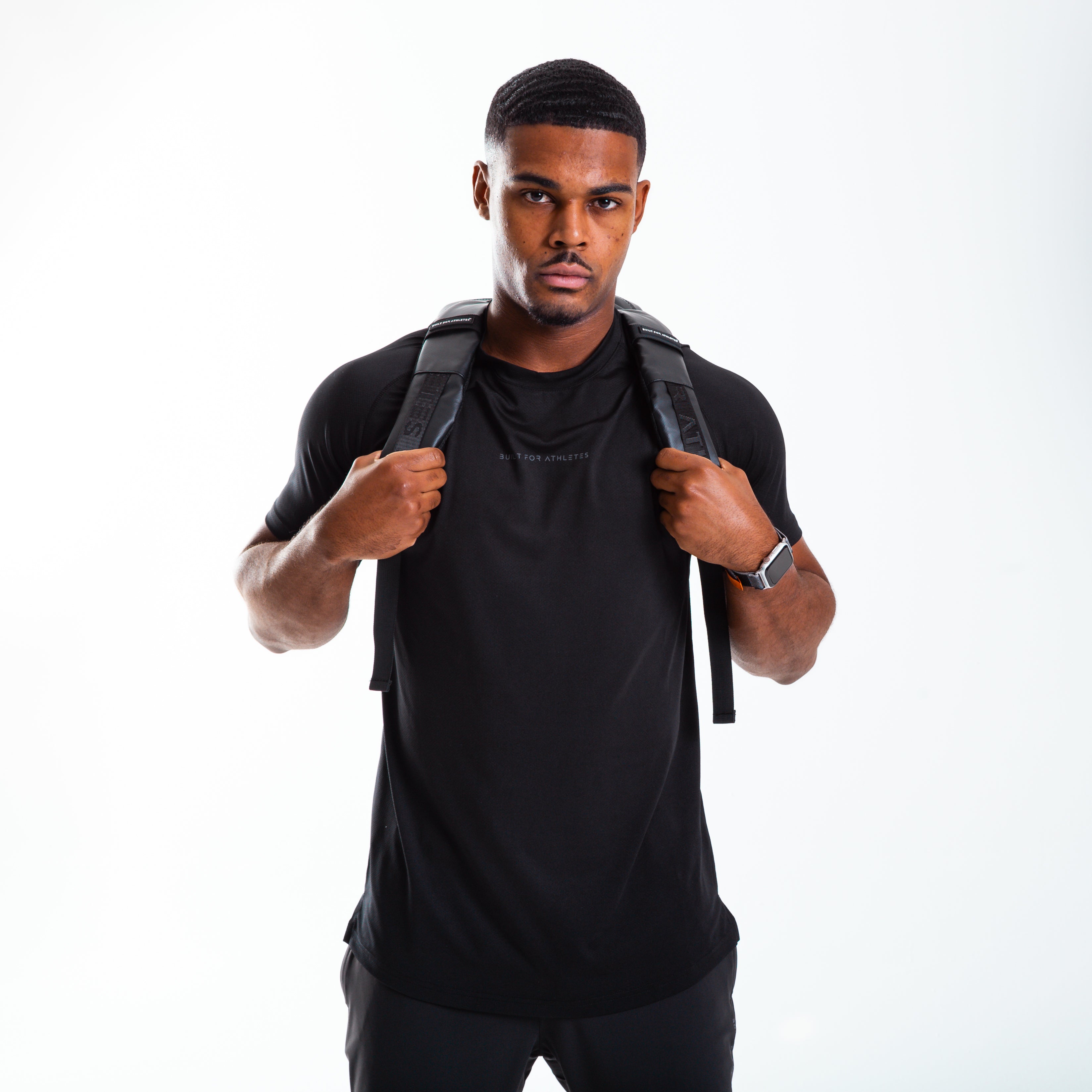



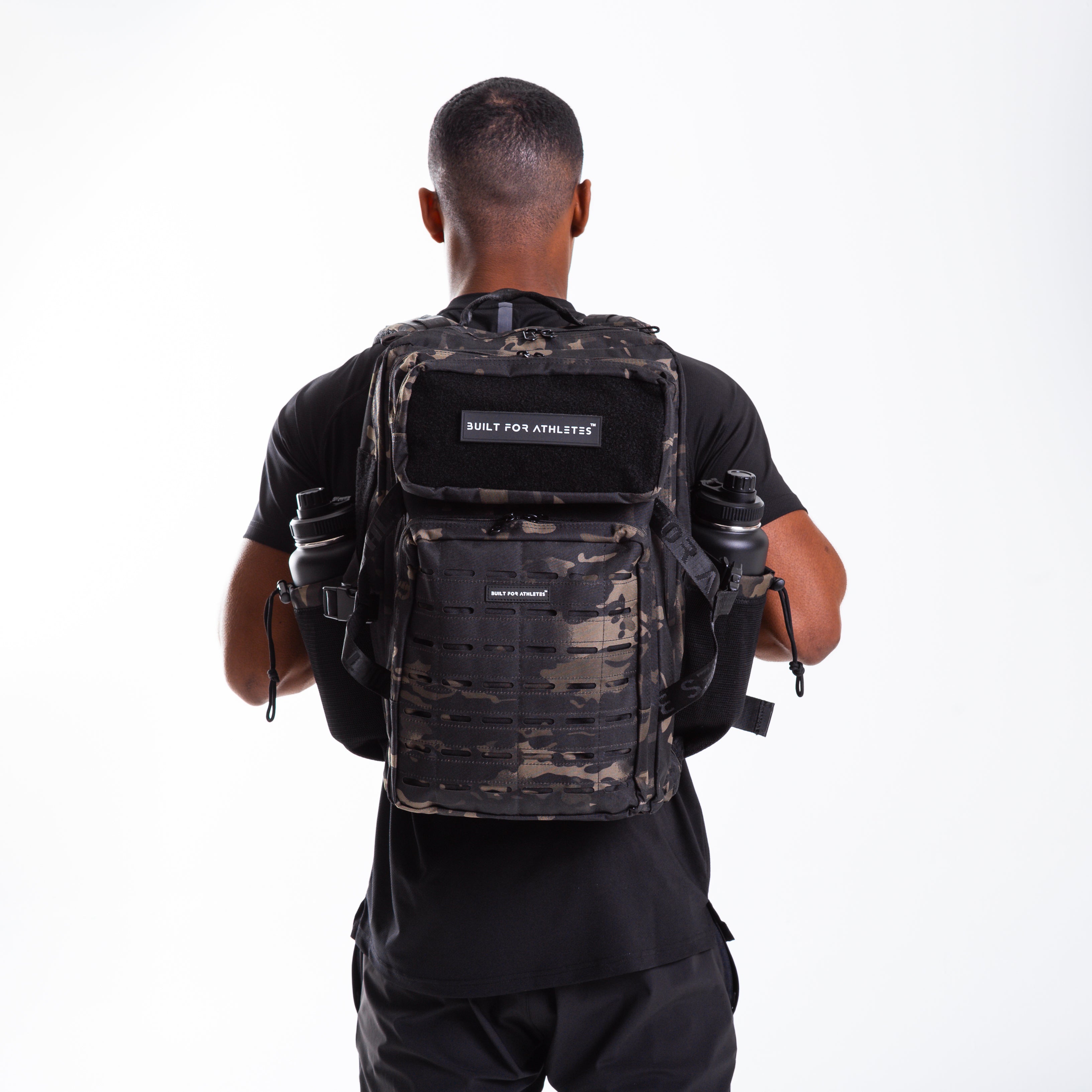
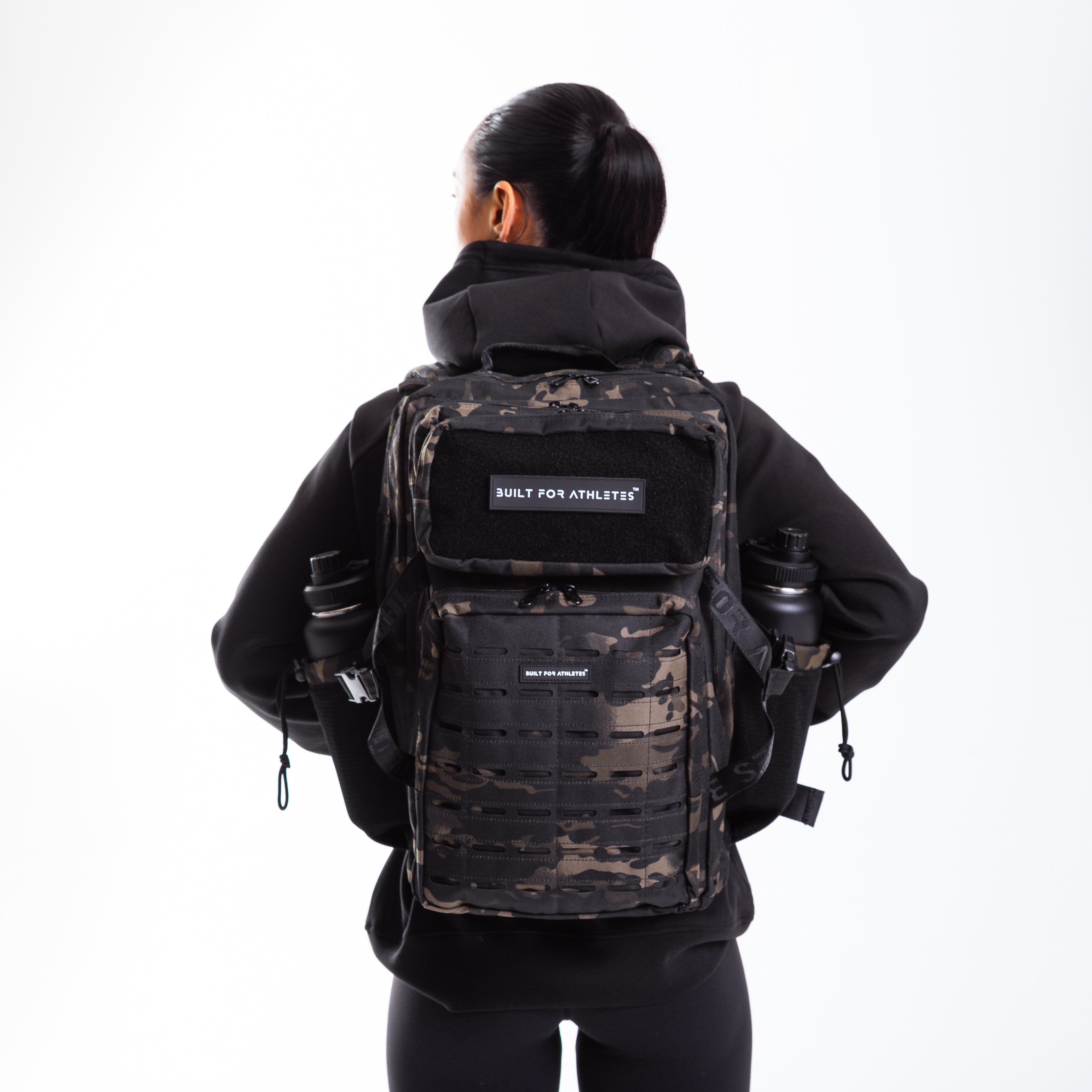
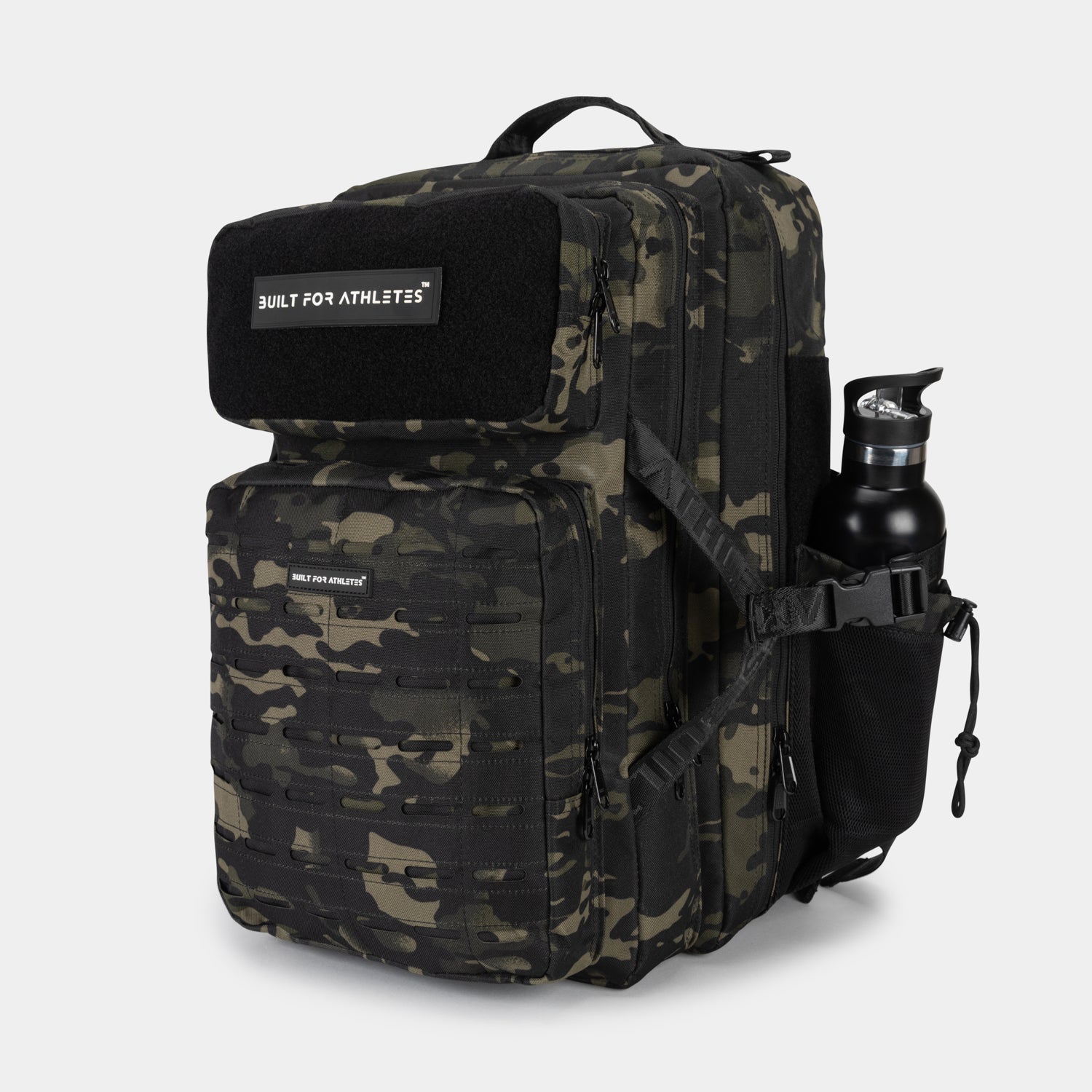
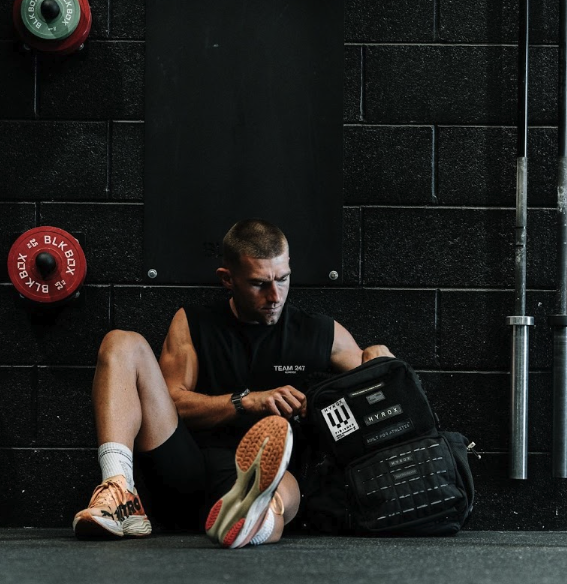
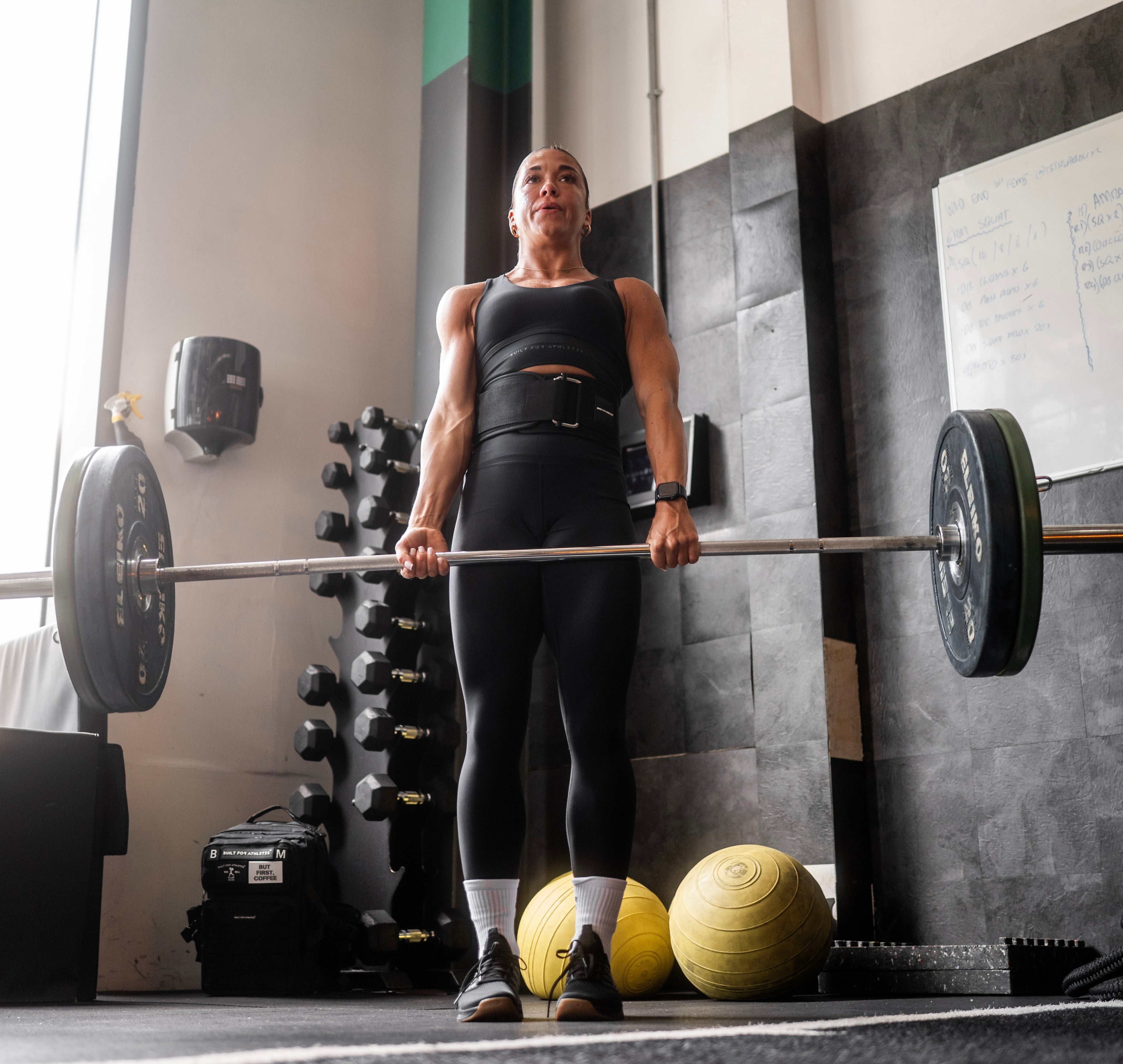
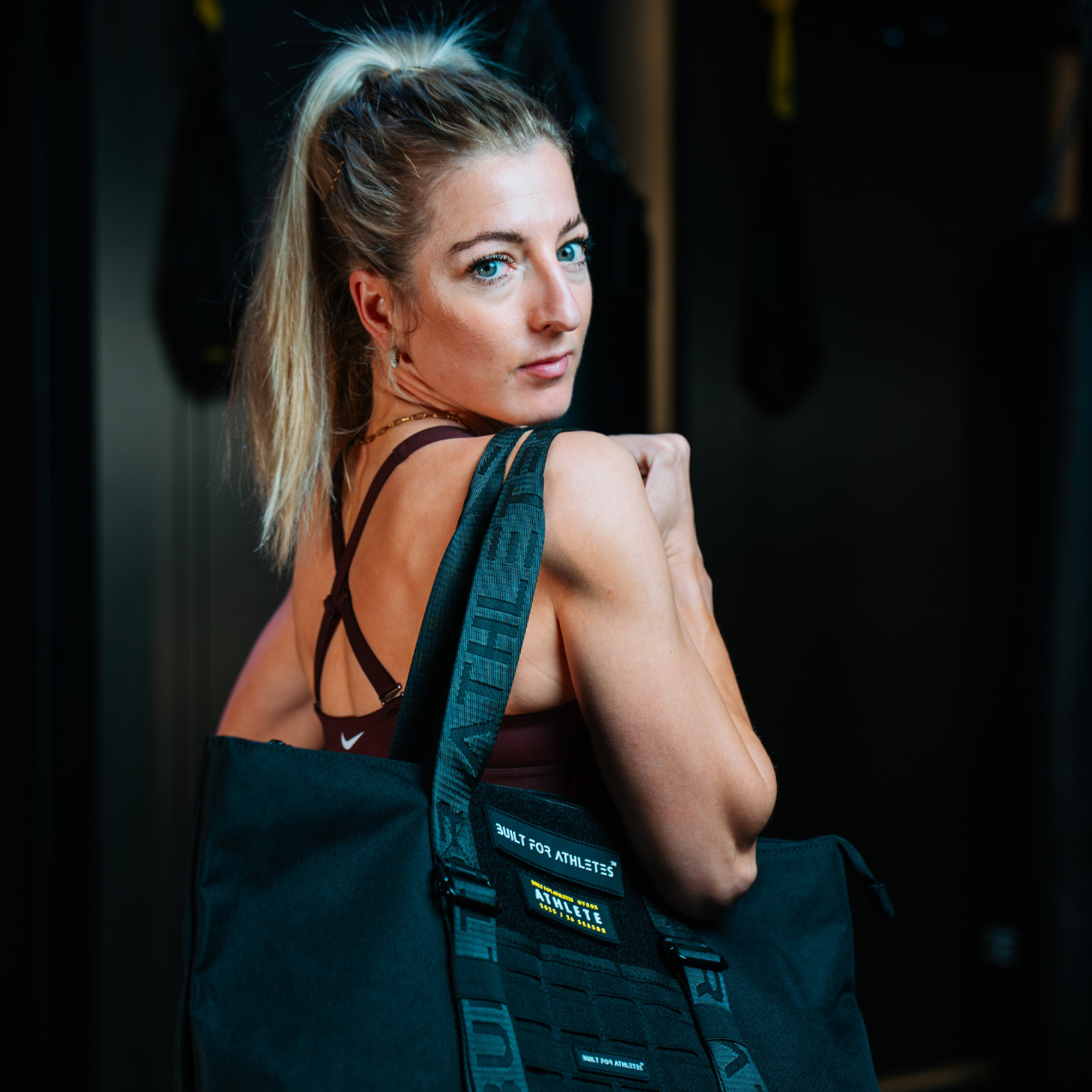
Share:
Top 5 Exercises To Build Stronger Glutes
Take Five: Recovery Tips for Achy Bodies